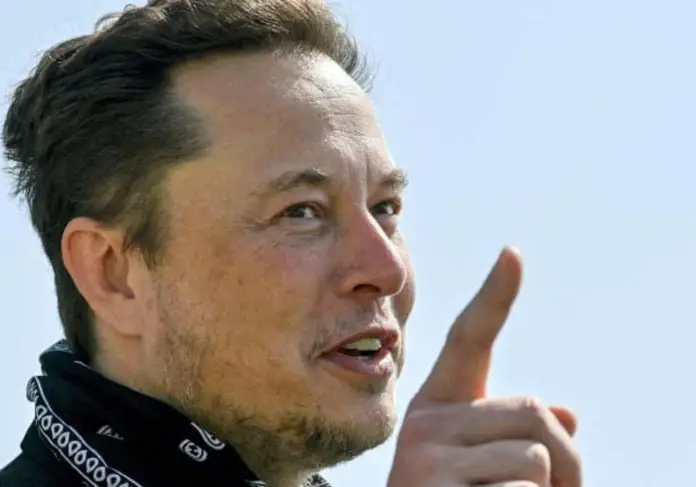Technological entrepreneur Elon Musk has said that 5G phones would be able to connect to satellites next year with the launch Starlink V2, eliminating dead zone world wide.
At an event that was co-hosted by T-Mobile CEO Mike Sievert and Elon Musk, T-Mobile claims that mobile dead zones would no longer exist thanks to a new relationship with SpaceX’s-Starlink satellite internet.
Mobile phones may connect to satellites and use a portion of a connection that provides 2 to 4 Megabits per second connection (total) throughout a specific coverage area with their “Coverage Above and Beyond” configuration.
If you have a clear view of the sky, you should be able to use that connection to text, send MMS messages, and even use “select messaging apps” when there is no standard service available.
The “satellite-to-cellular service” will be accessible “everywhere in the continental US, Hawaii, parts of Alaska, Puerto Rico, and territorial waters.” According to a news statement from T-Mobile, by the end of the year, the service is expected to go into beta in “selected areas”.
Musk claims that when the second generation of Starlink satellites is launched the following year, they will be able to broadcast service utilizing some of the mid-band PCS frequency that T-Mobile has access to thanks to its recent acquisition of Sprint.
Musk also claimed that the new satellites have “big, big antennas” that are 5 to 6 meters broad to enable the new connections. Musk also stated that the equipment will be launched using its future Starship rocket.
He added more information when he said that, unlike standard internet service, it could operate without having access to the entire constellation of Starlink satellites.
It might employ a more sporadic connection for “basic” coverage by restricting it to specific messages and services and just in locations without current cellular access, even though you might have to wait 30 minutes for a message to be delivered.
The two executives stated that they are looking to collaborate with cell carriers around the world that are interested in reciprocal spectrum sharing agreements in order for their clients to connect with SpaceX.
Customers of T-Mobile might utilize those connections when travelling abroad.







